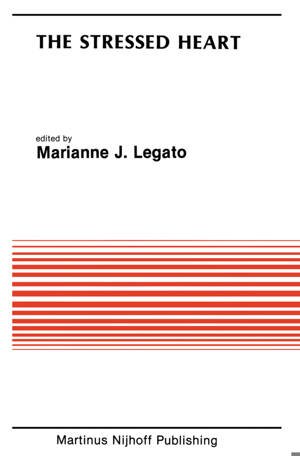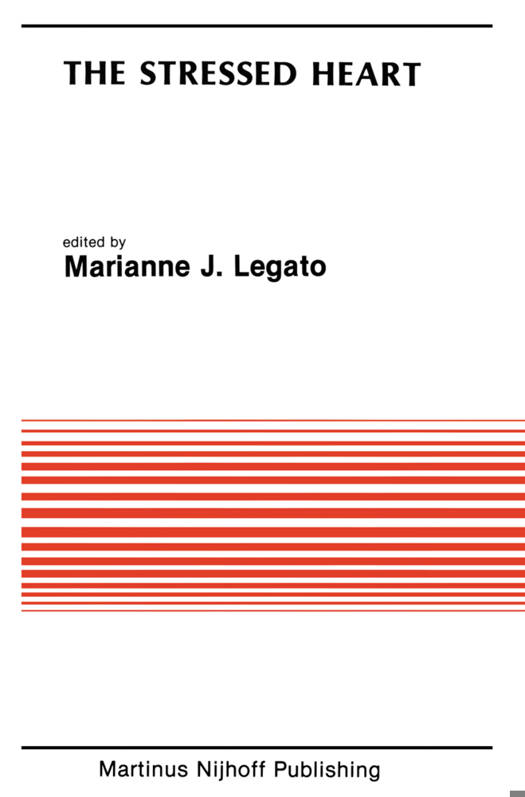
- Afhalen na 1 uur in een winkel met voorraad
- Gratis thuislevering in België vanaf € 30
- Ruim aanbod met 7 miljoen producten
- Afhalen na 1 uur in een winkel met voorraad
- Gratis thuislevering in België vanaf € 30
- Ruim aanbod met 7 miljoen producten
Zoeken
The Stressed Heart
€ 167,95
+ 335 punten
Omschrijving
The Stressed Heart is truly unique in concept and will provide an eXCItmg adventure to the reader no matter what his or her field of expertise and interest. The title, although quite appropriate, does not adequately indicate the range of topics considered or the rational interrelationships among them. Indeed, perhaps the most important point to be learned from the book is that a serious consideration of the response of the heart to mechanical overload, ischemia, or excessive humoral stimuli must include evaluation of each of the topics in the table of contents. The heart responds to stress through alterations in both structure and function. How these changes are brought about is the subject of the initial chapters. These consider first the normal regulation of gene expression in the heart, the rapid response to mechanical overload that leads to both quantitative and qualitative changes in the contractile proteins, and our current understand- ing of the signals that might be elicited by stress and alter gene expression. One chapter emphasizes the fact that, regardless of the nature of the stress, the common denominator is a discrepancy between energy requirements and expenditure. The central role of cellular acidosis in initiating the sequence of responses to stress and the possible roles of peptide regulators of transcription and protein regulators of translation are considered in detail.
Specificaties
Betrokkenen
- Uitgeverij:
Inhoud
- Aantal bladzijden:
- 340
- Taal:
- Engels
- Reeks:
- Reeksnummer:
- nr. 62
Eigenschappen
- Productcode (EAN):
- 9780898388497
- Verschijningsdatum:
- 31/05/1987
- Uitvoering:
- Hardcover
- Formaat:
- Genaaid
- Afmetingen:
- 156 mm x 234 mm
- Gewicht:
- 684 g

Alleen bij Standaard Boekhandel
+ 335 punten op je klantenkaart van Standaard Boekhandel
Beoordelingen
We publiceren alleen reviews die voldoen aan de voorwaarden voor reviews. Bekijk onze voorwaarden voor reviews.










